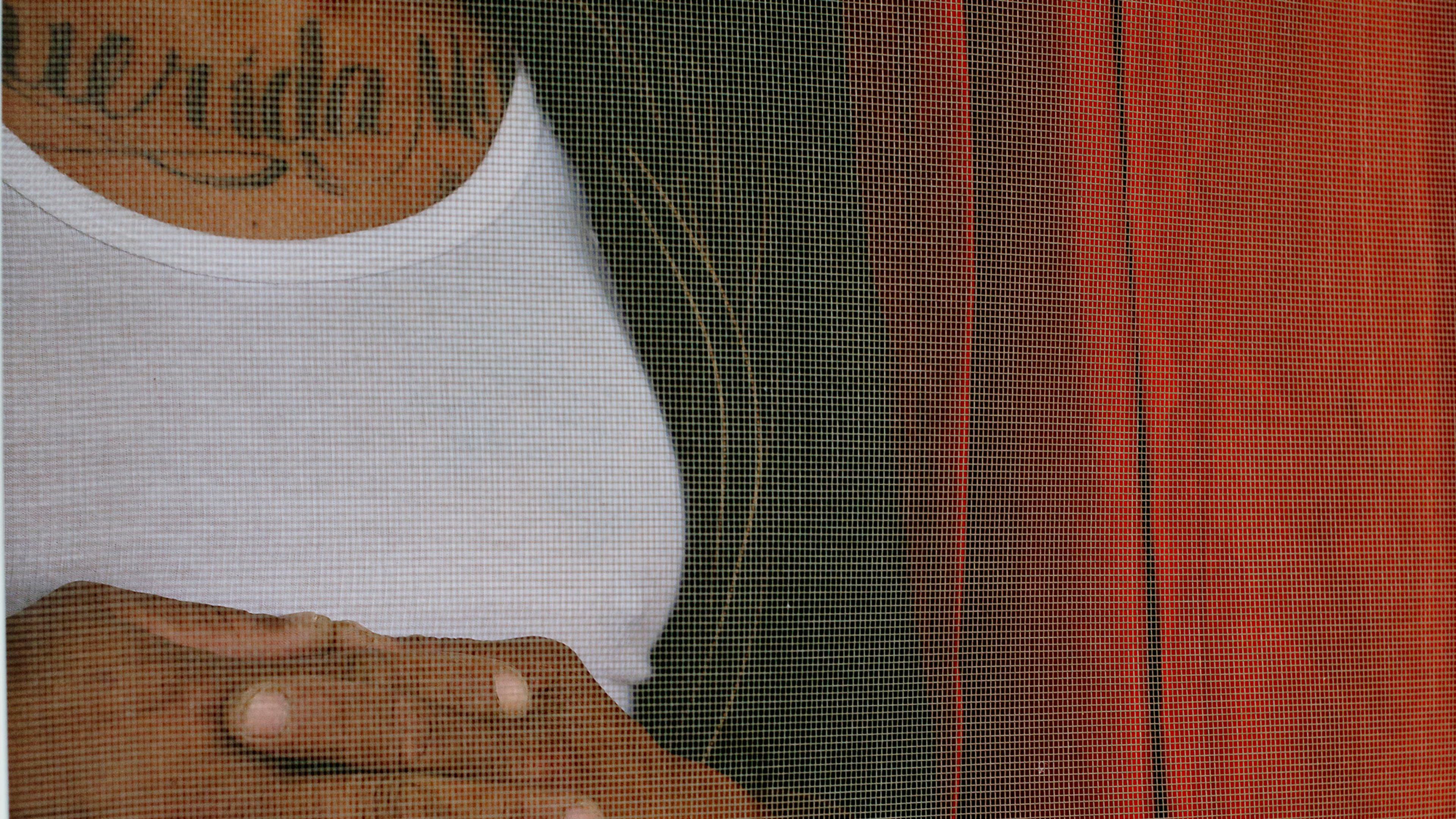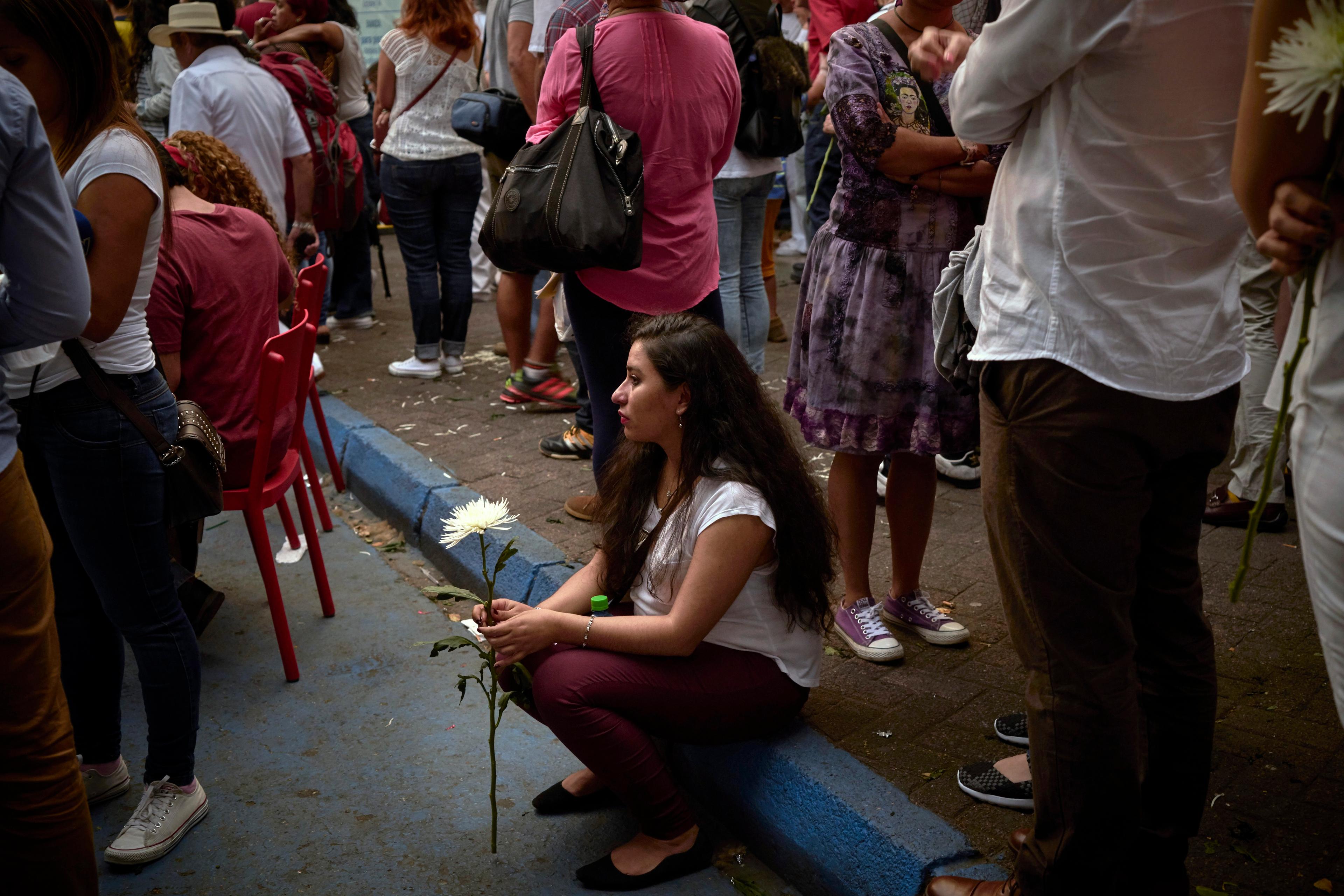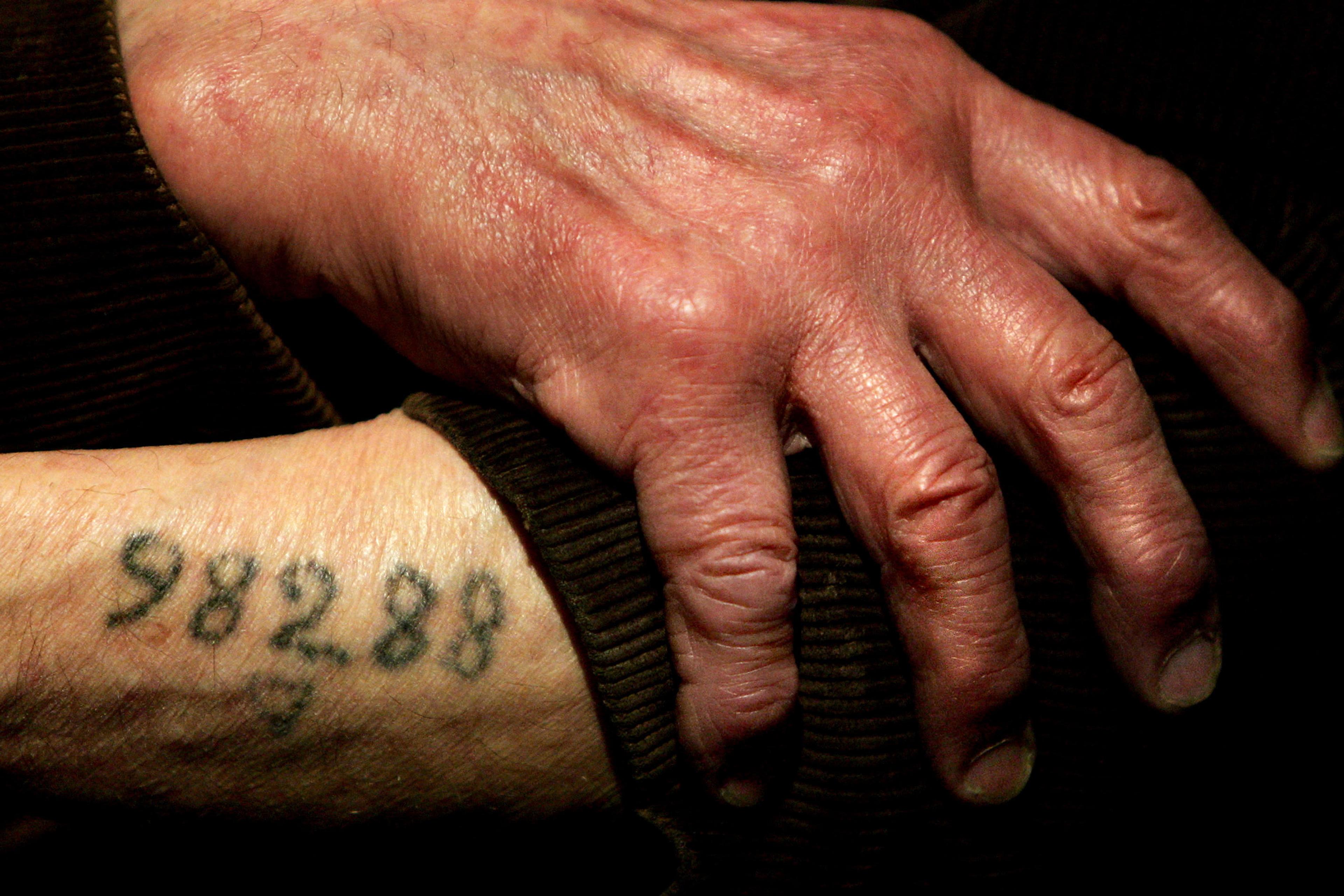Picture yourself on a bus. You’ve had a terrible day, your mood is far from ideal. Suddenly, you feel a sharp pain in your foot: someone has just stepped on it with a pair of heavy hiking boots. Annoyed, you immediately look towards the person who did it, but you can’t see their facial expression or hear what they have to say. You feel unsettled. A short while later, the bus stops and the driver approaches you. They reassure you that the person who stepped on your foot has been promptly removed from the bus and won’t be allowed back on again for a year. This is the approach of the traditional penal system.
It is based on retributivism, the idea that wrongdoers deserve to be punished for their crimes. Under this system, justice is served when proportionate suffering is imposed on the offender, which essentially takes the form of exclusion from society. Prison is not just a place where offenders are secluded to keep society safe; it also carries the symbolic meaning of deserved social rejection. The whole process of achieving justice through punishment involves little or no real communication between wrongdoers and victims, who are instead required to delegate the management of their conflict to third parties (professionals, state institutions and so forth). As highlighted by the criminologist Nils Christie in his work ‘Conflicts as Property’ (1977), the parties involved are ‘robbed’ of their conflicts, which are instead left in the hands of those who are not directly involved. This system rests on a fundamental premise, rooted in both psychology and anthropology: individuals are intrinsically unable to resolve disputes without external intervention, and this external intervention must be punitive in order to meet society’s demands. A wrongdoer must pay for the harm caused, and our culture assumes that the only way to achieve that end is through imposing suffering. As a matter of fact, traditional criminal justice expresses the human drive for revenge. It is indeed institutionalised revenge.
Now, let’s return to the bus. But this time imagine that, after having your foot stepped on, you can immediately identify the person responsible. You see the worry and embarrassment on their face, and you hear their words of concern and regret: ‘I’m so sorry. I didn’t do it on purpose. Are you all right?’ This genuine expression of remorse will cause your nerves – previously as taut as violin strings – to relax, perhaps even allowing for an understanding smile. No need to rely on the driver. The situation is resolved, and nobody is removed from the bus. This is the approach of restorative justice (RJ).
The core of RJ has little to do with classical theories of punishment. In fact, its justification lies beyond the concept of punishment, as it seeks primarily to address harms, resolve conflicts and repair relationships. RJ is about healing, mutual communication and empathy; it focuses on needs more than deserts. There is no place for punishing wrongdoers in the restorative paradigm, because the very idea of crime takes another meaning: it is not the result of an evil mind freely choosing to commit evil actions. Rather, it is a damaged relationship. As a result, justice itself is understood as relational and implies restoring social connections, healing social wounds. RJ seems also to be the bearer of an opposing idea of human nature, in which people are seen as essentially capable of healing relationships and willing to get things right, and justice is achieved when enabling this to happen. So, advocating for RJ also means supporting and expressing a more optimistic view of human nature.
And yet the ‘utopian’ ideal of RJ (that is, justice without punishment) seems very distant from the way humans actually are and behave. We’re so used to the idea of punishing offenders that it would seem unnatural and wrong if we didn’t: ‘No way we would allow criminals to get away with it without the appropriate suffering!’ write Sharon Levrant and colleagues, getting straight to the point when wondering, ‘beyond pure altruism and benevolent sentiments, why should citizens want to invest in or do good for offenders?’ This ‘counterintuitive’ and idealistic nature of RJ has long fuelled scepticism about it. But what if we’ve got it all wrong? What if human psychology is more in line with the restorative approach to justice than the retributive approach to justice? Would this make RJ ethically preferable?
In the Western world, restorative justice emerged in the late 1970s, when the inadequacies of traditional criminal justice became striking. Stigmatisation, prison overcrowding and rising recidivism rates fanned a growing distrust of the conventional penal system. There was a trend towards the idea that it was imprisonment itself, the dehumanising aspect of punishment, that fostered crime. This notion was clearly expressed by the labelling theorists. According to labelling theory, the traditional system contributes to the social stigma against offenders: being labelled as a ‘criminal’ increases the likelihood of reoffending. Another theory – later widely criticised – focuses on the need to distinguish between the stigmatising shame inherent in the traditional penal system, and reintegrative shame aimed at promoting offender accountability. The criminologist John Braithwaite, a proponent of this approach, argued that restorative justice should focus on this constructive and rehabilitative kind of shame. There is also an approach that emphasises the relational dimension of social phenomena, including deviance. Howard Zehr, one of the pioneers of restorative justice, argues that crime is essentially a disruption of balance, and that justice should restore that balance, thus bringing harmony back to the community.
These are fascinating and potentially revolutionary theories. Although RJ is now internationally recognised, it manages to survive only thanks to the old punitive system. RJ has been implemented only to be absorbed into the traditional system, which often uses it to speed up trials or reduce the judicial workload rather than to promote reconciliation between the parties. If not taken seriously, RJ risks becoming an appendix of criminal justice, not an alternative with its own specific values. So what is it that’s missing here?
The point is that there’s a tendency to emphasise the social dimension of RJ, while neglecting its psychological aspects. There is a lack of reflection on the crucial importance of the emotional and psychological need for reconciliation. Evolutionary psychology can offer valuable insights here, shedding light on the deep-rooted human motivations behind repairing relationships between victims and offenders. This is the very core of investigating the nature of RJ: demonstrating that humans possess a strong prosocial instinct motivating them to cooperate and repair relationships spontaneously and that, as a result, RJ is more consonant with human psychology than traditional criminal justice, which relies on punishment. By grounding RJ in human nature, we can potentially unlock a deeper understanding of its transformative power and moral significance. If RJ is indeed aligned with a natural and non-punitive inclination towards reparation, then it could be morally preferable to classical theories of justice. And an intrinsic instinct for reparation and reconciliation would render state intervention potentially unnecessary. Forget about top-down legal authority; conflicts belong to the people, and people are perfectly equipped with everything they need to manage them.
Our ability to distinguish between sincere and insincere apologies is far from insignificant; it’s the result of a long evolutionary process
So what does evolutionary psychology tell us about the whole thing? Well, we certainly have an instinct for punishment, but it might be overrated. According to the retired judge Morris Hoffman in The Punisher’s Brain (2014), our evolutionary path selected both our punishing and forgiving predispositions, as both retaliation and the forswearing of retaliation have adaptive functions that allowed our ancestors to survive. If you don’t immediately get why forgiveness would have been adaptive, consider what constant reprisals in hunter-gatherers societies would have meant in terms of wasted time and energy, especially when survival is already precarious. A risky move, don’t you think? That’s exactly what our ancestors learned over millennia: punishment is extremely costly in nature. It’s not a trivial matter. And, most of the time, refraining from punishment actually increases the odds of survival. As suggested by Hoffman, forgiveness is a survival strategy that allows us to ‘save ourselves from being scornful’.
What’s even more striking is that displays of remorse seem to soften the urge for retaliation and promote forgiveness. Sincere apologies, for example, appear to have a calming effect on victims, reducing their anger and resentment. When wrongdoers offer sincere apologies, the very act itself seems to have a beneficial effect on the victim’s cardiovascular system. This calming effect doesn’t occur when apologies are perceived as not genuine. It might seem obvious, but our ability to distinguish between sincere and insincere apologies is far from insignificant; it’s the result of a long evolutionary process that honed our evaluation skills, allowing us to decipher subtle verbal and nonverbal cues (like micro-expressions, a forced tone of voice, or inconsistency between words and actions), and thus false intentions. This is how evolutionary psychologists’ ‘signalling theory’ – how we rely on cues to navigate social interactions – can be applied to displays of remorse in RJ, an application suggested by Yohsuke Ohtsubo and Esuka Watanabe in 2009:
The apology-making context can be considered one of the situations where the reliability of signals becomes a crucial concern. If a victim unwittingly forgives a transgressor varnishing over his or her exploitative intent with verbal apology (eg, saying ‘I am sorry’), he or she may be subject to similar transgressions again in the future.
Remorseful actions have an implicit message, which expresses something such as ‘You do not need to punish me, for I am doing it by myself,’ thereby anticipating and replacing the dangerous impact of vengeance. By mitigating revenge through remorse, some sort of restoration of the initial state (that which precedes the wrong) takes place. Hoffman effectively underlines this point:
Forgiveness in this sense is a kind of emotional return to the baseline of grudging trust, or almost to that baseline, before the wrong occurred. This is what allowed us to welcome punished members back into the fold, and to preserve our groups despite our unique instinct to punish third-party wrongdoers.
Evolutionary theorists argue that there are two fundamental mechanisms underlying the evolution of human cooperation: ‘partner choice’ (the ability to choose whom to cooperate with, favouring the most collaborative individuals) and ‘partner control’ (the ability to coerce others into cooperation through punishment). While both have contributed to shaping our social interactions, it seems that partner choice has played a more prominent role in the development of complex and cooperative societies. Unlike partner control, which relies on coercion and fear of punishment, partner choice operates through a more subtle and ‘liberal’ mechanism: partner switching. In other words, uncooperative individuals are simply excluded and replaced by others more willing to cooperate. This social selection process, based on free choice rather than force, resonates deeply with the principles of RJ. Under RJ, victims and offenders, free from coercive dynamics, meet spontaneously for a mutual evaluation that opens the possibility of reparation and reconciliation. In this way, RJ mirrors our inherent inclination towards non-punitive conflict resolution.
These insights from evolutionary psychology resonate with the ancestral knowledge of Indigenous peoples whose traditions are deeply rooted in restorative practices and revolve around maintaining social harmony. Māori, for example, use the term ‘Utu’ to describe the way people interact with one another to maintain balance in social connections. Another example, ‘Maligait’, comes from the Inuit. Maligait are four fundamental laws that guide individuals and communities to live a good life. The third law in particular focuses on the maintenance of harmony and balance. Social harmony is deeply valued by the Navajo people (the Diné), too. One of their most important words is ‘Hozho’, which means ‘walking in beauty’, a concept that encompasses living in accordance with oneself, others and nature to attain a state of wellness. It refers to a complex philosophy centred on balance, beauty and harmony. When this harmony is disrupted, individuals and communities engage in restorative practices to promote healing and restore balance.
Restorative practices among these cultures are inspired by ideals that hold deep aesthetic value; balance, harmony and peace are connected to the idea of moral beauty and are vital components of a just society. And RJ embraces these values, shifting away from a paradigm centred on security values to adopt a holistic view of conflict management. These values, seemingly new to some, may actually be ancient wisdom resurfacing through Western science. After all, Indigenous peoples, with their deep connection to nature, seem to carry ancestral memories that the West has long forgotten. Perhaps it’s time to wake up from this collective amnesia and rediscover this forgotten potential within ourselves. Restorative justice accords not just with the prosocial qualities of our human nature but with ancestral wisdom found throughout the world.








